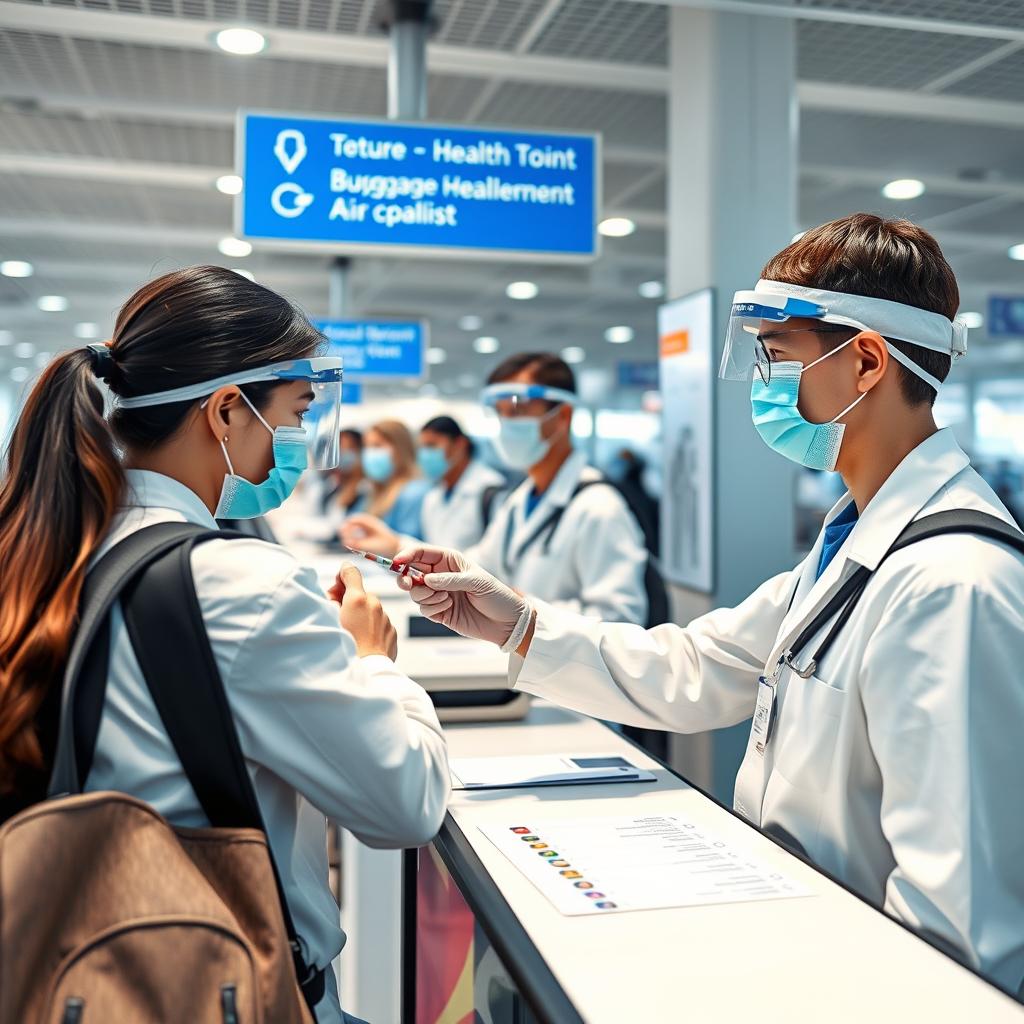North America has its own unique baggage landscape, influenced by market size and regulation.
- U.S. Airlines and Fees: U.S. carriers introduced baggage fees en masse around 2008. Those fees have since become significant revenue. As noted, U.S. airlines collected $6.8 billion in checked-bag fees in 2022 (reuters.com) (rising to $7.1B in 2023 (reuters.com). Delta, United, and American each now charge around $30–$35 for a first bag (more at airport check-in) (reuters.com). The Transportation Department under Biden has sought to regulate this via fee transparency (see “Economic Policies” above). Airlines are also quick to adjust: in 2024 United and JetBlue raised baggage fees citing cost inflation (reuters.com). U.S. carriers do not typically give any free checked bag (except Southwest’s unique model), unlike many foreign carriers.
- Canadian Carriers: Air Canada and WestJet have different policies. Air Canada usually offers one free 23 kg bag on international flights and two free on USA routes, reflecting a more inclusive approach. However, it recently announced it will start charging an extra cabin bag fee on some fare types. WestJet, with its budget subsidiary Swoop, charges for all checked bags but has loyalty programs where elite members get free allowance. Importantly, Canada’s Air Passenger Protection Regulations (APPR) set minimum baggage delay compensations ($400 CAD for 3+ hour delays) which can affect airline incentives to deliver bags on time.
- Infrastructure & Automation: Major U.S. hubs (ATL, ORD, LAX, etc.) have some of the largest BHS in the world. For example, Hartsfield-Jackson Atlanta’s express system can handle over 600 bags per hour on a single express. U.S. airports are investing in tech: San Francisco introduced RFID bag tags system-wide in 2021, significantly improving tracking. Chicago O’Hare and Dallas/Fort Worth have explored autonomous baggage tug robots (similar to Europe trials). The Port Authority’s recent Terminal A project at JFK includes automated baggage sorters to reduce manual handling.
- Regulation: Both the U.S. and Canada follow Montreal Convention rules (approx USD$1,700 limit) but Canada’s APPR adds some local protections. Notably, the U.S. Department of Transportation can penalize airlines for mishandled bags: in 2018, American Airlines had to pay a $6.75M fine for losing track of 1,500 bags at JFK. Canadian regulators similarly encourage airlines to streamline compensation.
- Case Example – DOT Rulings: A 2023 DOT enforcement action fined Delta $300,000 for misrepresenting its bag fee policy. This reflects the strict enforcement environment in North America. Also, Senate investigations (e.g. Richard Blumenthal) into baggage fees are ongoing, which adds pressure on airlines.
Overall, North American baggage practices are characterized by unbundled fees, large-scale automated systems at major airports, and an increasingly scrutinized regulatory environment. Passengers have less inherited baggage allowance than elsewhere, but also have strong legal recourse for delays (e.g. DOT rule requires either rebooking or cash payment if bags are delayed past a certain time). The trend is towards high-tech solutions (RFID, self-tagging) and possibly future legislation to cap or further regulate fees if consumer complaints escalate.


